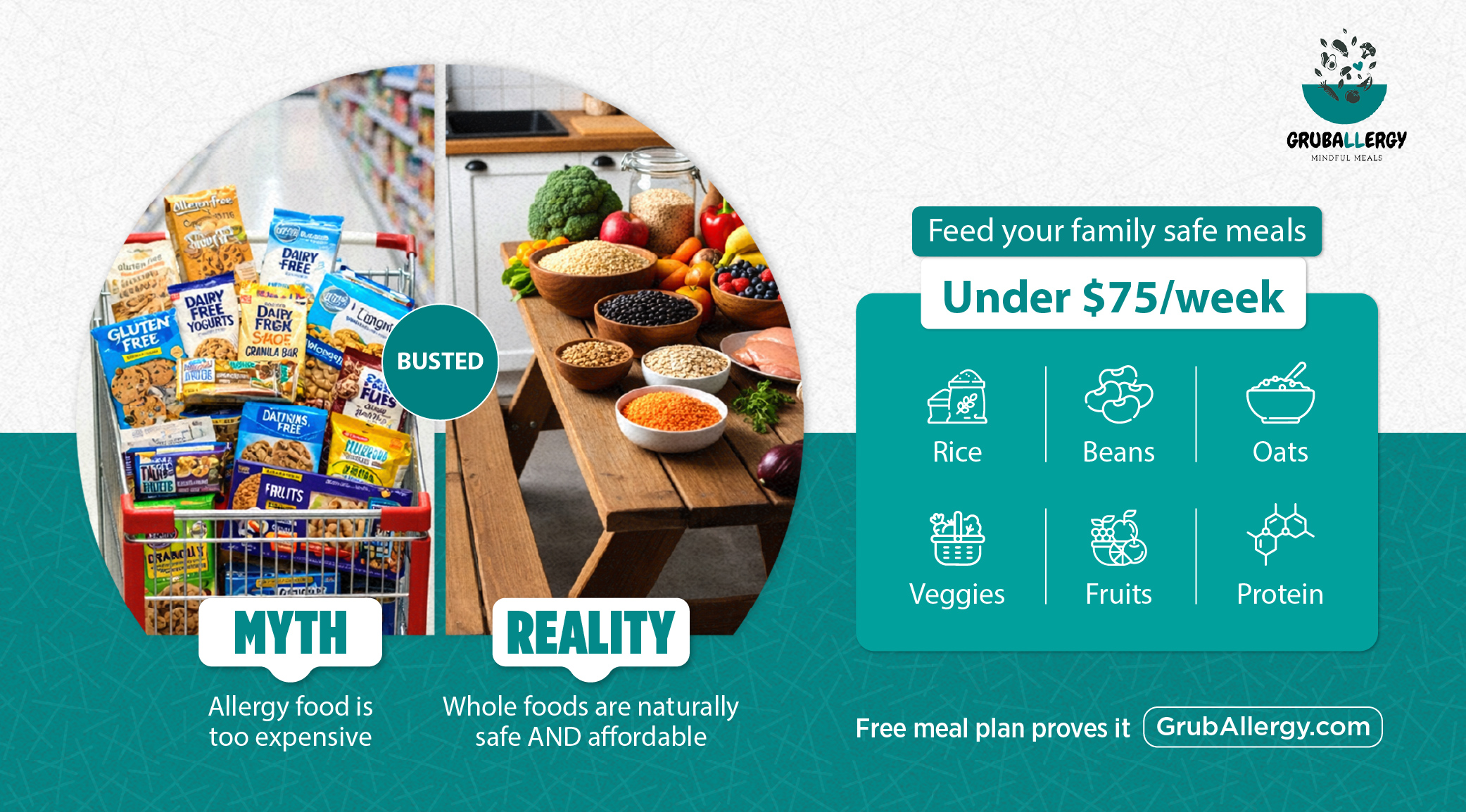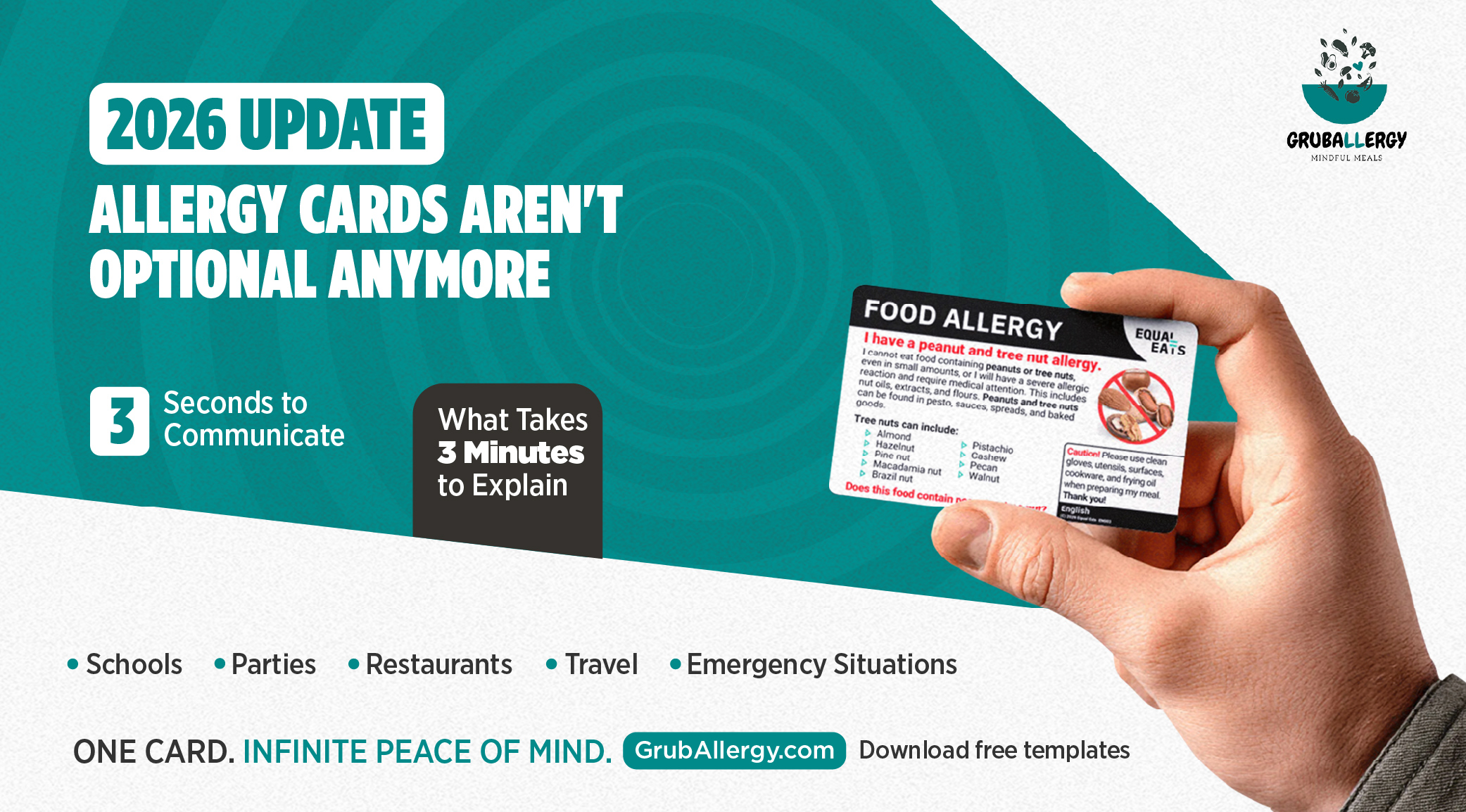 (1).jpg)
Starting college is an exciting milestone filled with new experiences, friendships, and independence. For students managing food allergies, however, this transition can also bring unique challenges, especially when it comes to living in hostels and dining in shared cafeterias. Food allergies require careful planning and constant vigilance to avoid exposure to allergens and ensure personal safety. With the right strategies, students with food allergies can navigate college life confidently while enjoying all the opportunities campus living offers.
Understanding the Challenges
Hostel living often means sharing kitchens, utensils, and food storage spaces with many other students. This environment increases the risk of accidental exposure to allergens through cross-contact or mislabeled foods. Additionally, dining halls or cafeterias may offer limited allergen-free options or may not have detailed ingredient lists available, making it difficult for allergic students to identify safe meals.
Tips for Safe Hostel Living
-
Communication is Key: Inform your roommates and hostel staff about your allergies. Clear communication helps create an environment where others can support you in avoiding allergens and responding appropriately in case of an emergency.
-
Personal Food Storage: Use clearly labeled containers and designated shelves in shared refrigerators to keep allergen-free foods separate. Consider investing in airtight containers to prevent cross-contamination.
-
Own Kitchenware: Have your own set of cooking utensils, plates, and cutlery to reduce the risk of allergen exposure through shared items.
-
Emergency Preparedness: Always keep your prescribed epinephrine auto-injector (EpiPen) handy, and make sure roommates and close friends know how to use it. Carry allergy identification (such as a medical alert bracelet) at all times.
Navigating Dining Hall Safety
-
Research and Plan Ahead: Many colleges provide allergen information online or at the dining hall. Familiarize yourself with menus, ingredients, and kitchen practices to identify safe food choices.
-
Speak with Dining Staff: Don’t hesitate to talk to cafeteria managers or chefs about your allergies. They can often recommend safe options or prepare customized meals.
-
Bring Safe Snacks: On days when safe options are limited, carry your own allergy-friendly snacks to avoid hunger and reduce risk.
-
Educate Yourself on Hidden Allergens: Understand that some common foods can contain hidden allergens (e.g., sauces with nuts, dressings with dairy). When in doubt, avoid foods that may pose a risk.
-
Buddy System: Consider eating with a trusted friend who is aware of your allergies. They can help monitor your meals and act quickly if you experience a reaction.
Building Confidence and Independence
Living with food allergies in college demands responsibility but also offers an opportunity to develop self-advocacy skills. By proactively managing your environment and communicating your needs, you can protect your health without missing out on social or academic experiences.
Conclusion
College life is a time for growth, exploration, and independence. While food allergies add an extra layer of complexity, thoughtful preparation and communication can make hostel living and dining hall experiences safe and enjoyable. Embracing these strategies empowers students with food allergies to thrive on campus, ensuring their college journey is both fulfilling and secure.
FAQ

You may also like
Leave a Reply

Get a free consultation with GrubAllergy.
Share your child's food allergy history, and let us guide you with expert advice on managing and navigating food allergies with confidence.



.png)







